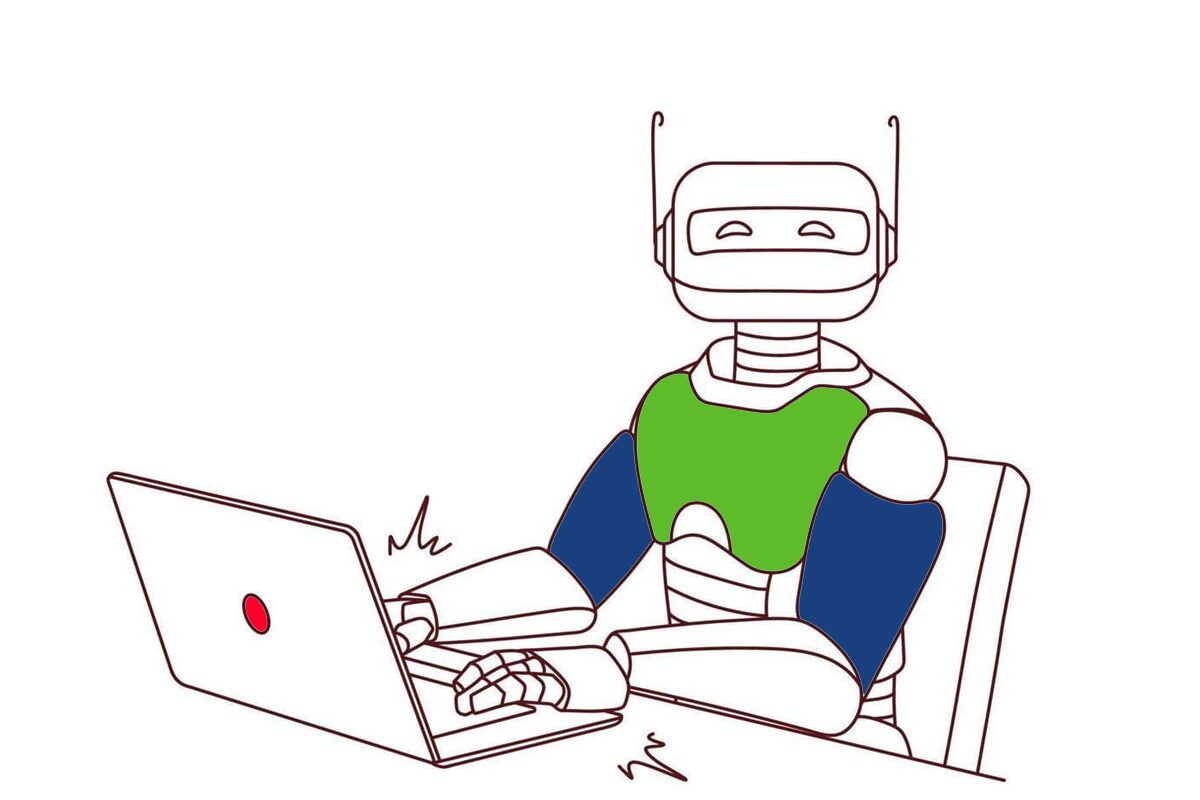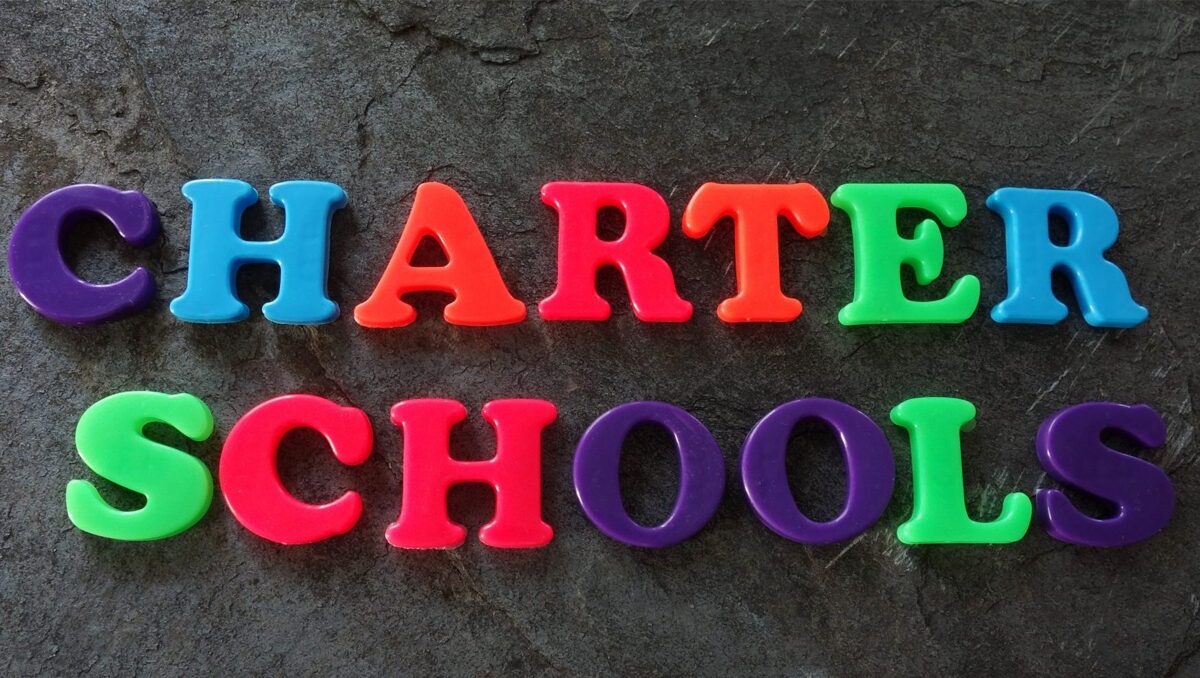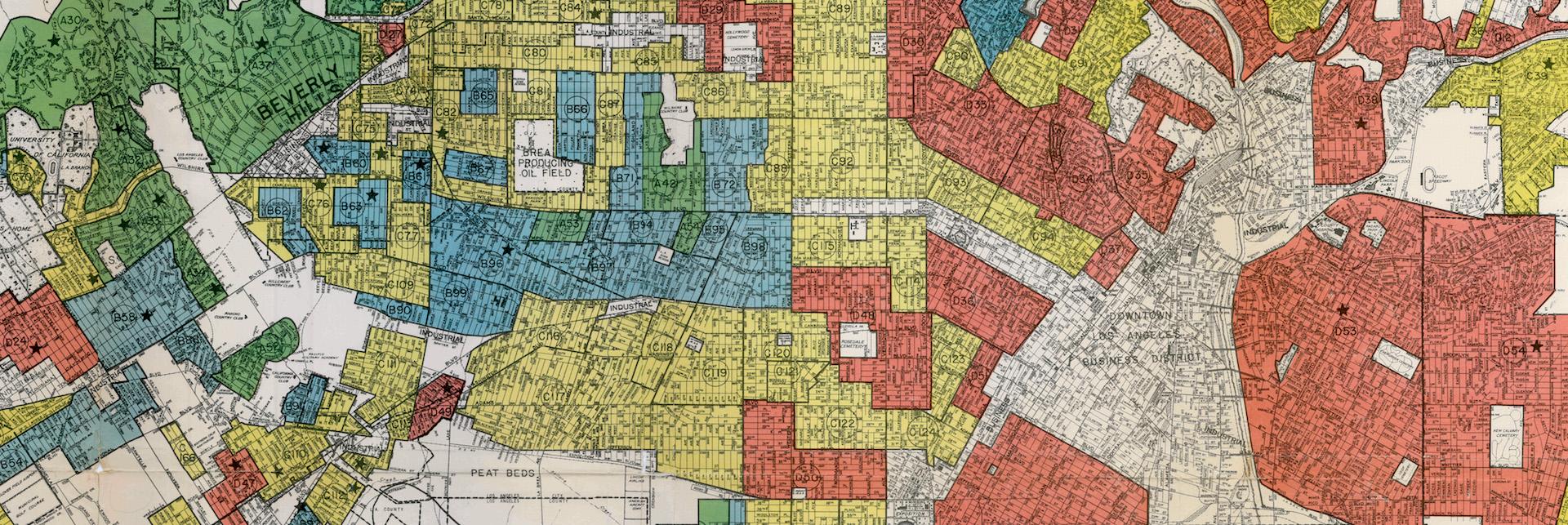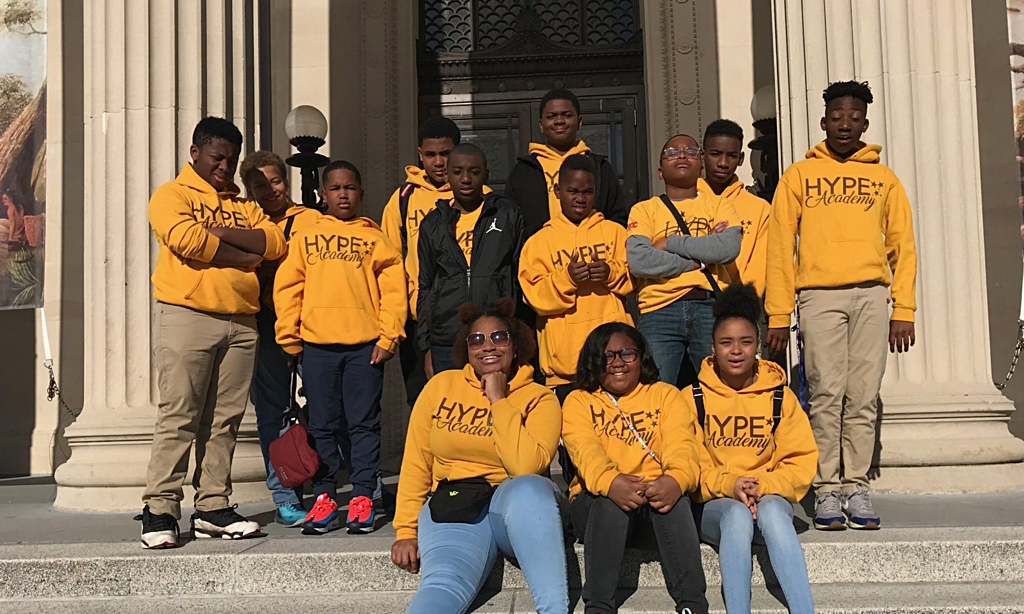AI as a Study Partner: How Artificial Intelligence is Shaping Personalized Learning for Students
With AI now venturing deeply into education, it’s reshaping the very way students learn and engage. Acting as an interactive “study partner,” AI is setting the stage for a new era of personalized learning, where courses adjust in real time to each student’s unique needs. Gone are the days of one-size-fits-all education.
Now, AI is fueling an evolution where students get tailored guidance, adaptable lessons, and instant feedback, transforming classrooms around the world. This shift brings enormous potential—and new challenges—as AI paves the way for a learning experience that’s as individual as each student.
A Closer Look at AI-Driven Personalized Learning
The dream of personalized learning has long been on the minds of educators, yet scaling it for diverse classrooms was a complex challenge. With AI, however, this vision is becoming a reality. Today’s AI-powered systems can capture and analyze each student’s learning preferences, pace, and progress, crafting customized pathways for improvement.
This isn’t just theory—AI tools can process data in real-time, anticipating where a student may need support before they even realize it themselves. A recent report by EdTech Research Group revealed that over 78% of schools in North America have adopted AI-based learning technologies. This surge highlights a trend toward truly individualized education, where every lesson can be adapted to fit the learner rather than the other way around.
Key Ways AI Personalizes Learning
Through real-time adaptation to student demands, AI-powered personalized learning offers a highly tailored educational experience. Personalized learning is being influenced by AI in the following ways:
Customized Learning Paths
After assessing a student’s abilities, areas for improvement, and preferred method of learning, AI-powered study aids generate tailored lesson plans. Knewton and DreamBox are just two examples of platforms that personalize lessons based on each student’s progress, making sure they understand the basics before going on to more complex topics.
Real-Time Feedback and Progress Tracking
Artificial intelligence allows for instantaneous feedback on pupil performance, allowing them to pinpoint their weak spots. Topics like math and physics necessitate regular practice and feedback, making this method ideal for those classes. Platforms driven by AI can even suggest what a student should study next, providing a data-based road map for progress.
Adaptive Assessments
AI-powered quizzes adapt in real time to how students answer them. If a student gets a math question wrong, for instance, the system can detect that and give them easier or more challenging questions to work on. By avoiding the extremes of over- and under-challenge, this method not only improves learning but also increases confidence.
Voice and Language Recognition
Students employing some AI technologies that use speech and language recognition could feel as though they are engaging with a human study partner. An AI tool called Duolingo uses voice recognition to guide students toward more accurate and fluid target language pronunciation. This kind of real-time involvement is quite helpful for anyone learning a new language but lack a native speaker.
The Numbers Speak: How AI is Shaping Today’s Classrooms
There is a lot of evidence of the fast use of AI in the classroom, and the figures show how important and influential it is becoming. You may find up-to-date information about the use of AI and its effects on education in the following table:
| Statistic | Details |
|---|---|
| Percentage of schools using AI tools | 78% in North America |
| Growth rate of AI-based EdTech solutions | Projected 45% CAGR from 2022 to 2030 |
| Student satisfaction improvement rate | 62% of students report better learning engagement |
| AI market value in education by 2026 | Estimated $6 billion |
These figures highlight the expansion and broad adoption of AI-powered learning across different educational institutions. Not only that, but research shows that AI has a positive effect on learning outcomes; for example, 92 percent of students who used AI tutoring tools saw advances in math and other disciplines.
Experts Weigh in on AI-Driven Learning
Education and technology experts agree that AI will play an important role in learning, but they stress the need for responsible integration. “The success of AI in personalizing education depends on how well we balance technology with human oversight,” writes Dr. Linda Rose of Harvard’s Educational Technology program. AI ought to bolster the teacher-student dynamic rather than supplant it.
Additionally, educational AI expert Dr. Andrew Chen claims that AI has the potential to “help teachers understand students on an individual level like never before.” He elaborates by saying that when AI takes care of mundane jobs, educators have more time to focus on more abstract concepts like creativity and critical thinking. More dynamic and interesting lessons are on the horizon thanks to the potential for AI and human teachers to work together.
The Pros and Cons of AI-Driven Individualized Instruction
While it’s clear that AI can improve tailored learning, there are several obstacles to overcome along the transition. Some of the most important benefits and possible drawbacks are listed below:
Advantages:
- Greater Student Engagement: AI-driven content is tailored to students’ tastes and keeps them motivated to learn, resulting in more student engagement.
- Enhanced Learning Speed: Students can learn more quickly and easily when classes are paced to their individual needs, rather than feeling pressured to keep up with their peers.
- Immediate Access to Resources: Students may study whenever and wherever they like with AI-powered platforms that are accessible from any internet-enabled device.
Challenges:
- Data Privacy Concerns: Concerns about student privacy and data security arise from the fact that personalized learning necessitates the gathering of substantial personal data.
- Over-Reliance on Technology: When we rely too much on AI, we risk stunting the growth of more conventional forms of education and our capacity for critical thought.
- Equity Issues: Concerns about equity include the fact that not all students have the same opportunities to use AI-powered resources, which could exacerbate existing inequalities in student achievement.
Core Functionalities of AI-Based Study Tools
- Adaptive Lesson Plans: Individuals’ learning styles and rates of progress can be accommodated through the use of adaptive lesson plans.
- Instant Feedback Mechanisms: Students are able to examine their own errors and make fast corrections with the help of instant feedback mechanisms.
- Engagement Features: To make learning more engaging, AI technologies often use gamification or interactive aspects.
- Accessibility Across Devices: The majority of AI study tools are compatible with desktop computers, laptops, and tablets, giving you a lot of mobility.
Advancements in AI for Tailored Education
The years to come will see increasingly complex application of artificial intelligence in the classroom. Augmented reality (AR) learning environments and virtual tutors driven by artificial intelligence will open fresh opportunities for immersive, customized learning. These technologies have the possibility to become more accessible and reasonably priced as artificial intelligence develops, thereby helping to eliminate the worldwide success gap in education.
According to forecasts, around 85% of the educational institutions worldwide will implement artificial intelligence into their curricula by 2030. This shift suggests major changes ahead that might transform students’ views of learning, problem-solving, and creativity.
Using AI as their study buddy gives students a unique advantage—that of a very tailored learning experience. Through AI-powered adaptive tests, tailored learning paths, and instantaneous feedback, students are equipped to thrive in the very competitive academic environment of today. Though there are still challenges, particularly with regard to data security and equal access, AI has unquestionably the capacity to transform education.





















